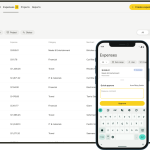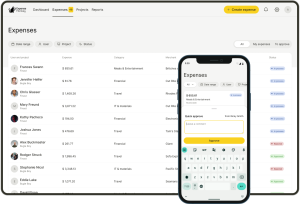Equity in forex means the difference between the balance of your trading account and your realised profit or loss from your open positions. It’s a very important factor to consider when trading forex.
Account balance plus unrealised profit or loss from open positions
There is an old adage in the FX world that you need to be in it for the long haul to get the best fx trading service. If you have your own ad hoc trading room, make sure you set up a regular weekly check-in with a trusted trader to help you keep your wits about you. This is especially important if you are considering a more permanent move to the big leagues, or to a new domicile, whichever the case may be. You need to know what to expect from your chosen FX provider and, most importantly, how to go about managing your forex empire.
Margin level
The margin level is a key indicator of the health of a trading account. It tells you how much money is available to open new trades and how much you have to use to maintain your existing positions.
Margin levels vary from broker to broker. Usually, a higher margin level means more “free margin” that can be used to open new trades. On the other hand, a lower margin level means less money that can be deposited to maintain existing positions.
A margin level is a mathematical equation that indicates how much money is available to you for trading. You can get the level by dividing the equity in your account by the amount of used margin. If the equity in your account is 100%, then you will have 100% of the required margin.
Negative equity
Negative equity in forex refers to the loss of a trader’s account balance due to losing positions. This can happen if the trader does not pay attention to their trades.
The amount of money that a trader can lose is usually determined by the number of losses on an open trade. A bad trade can cost the trader the entire amount of their account. If a trader has a lot of equity, it means that they can open many more trades. On the other hand, a low level of equity means that the trader will be unable to open many more trades.
Having a positive equity in forex means that a trader is able to profit from their open positions. It also means that the trader has more funds to invest into the market.
Requirements for bringing equity up to the margin
The requirements for bringing equity up to the margin in forex can vary by broker. Most brokers set a minimum margin level, which is the percentage of equity you must have in your account before you can open a new trade. These requirements can be lowered if your positions are profitable. If you are losing money on a position, you can close it. A margin call can also be an option.
If you want to open new positions, you will need to have enough free margin in your account. This is the money not used for your existing holdings. For example, if you have a $100,000 account, you will need at least $30,000 in free margin.
Your broker will check your account balance to ensure that you have enough funds to meet the required margin. They will then subtract the amount of margin used to execute your trades from the remaining equity in your account. You may have to make a larger deposit to meet this requirement.












More Stories
The Economics and Personal Finance of Decentralized Finance (DeFi) Ecosystems
Financial Literacy for Gig Economy Workers: Your Roadmap to Stability in an Unpredictable World
Incorporating Inflation Into Your Financial Planning